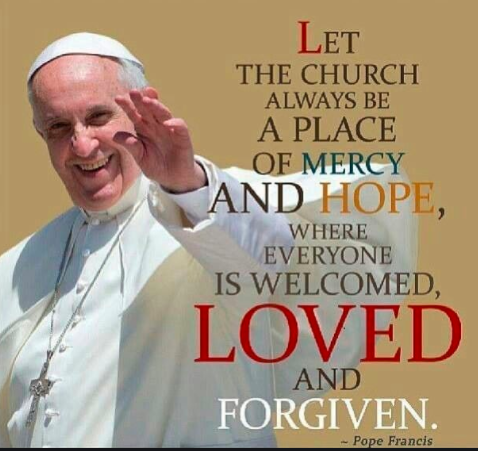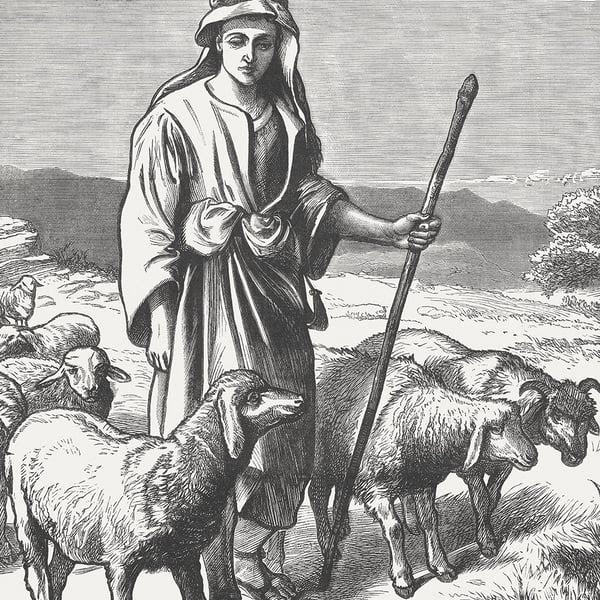
“Do not suppose that after advancing the soul to such a state God abandons it so easily that it is light work for the devil to regain it. When His Majesty sees it leaving Him, He feels the loss so keenly that He gives it in many a way a thousand secret warnings which reveal to it the hidden danger. In conclusion, let us strive to make constant progress: we ought to feel great alarm if we do not find ourselves advancing, for without doubt the evil one must be planning to injure us in some way; it is impossible for a soul that has come to this state not to go still farther, for love is never idle. Therefore it is a very bad sign when one comes to a standstill in virtue.”— St. Teresa of Avila, p.99











